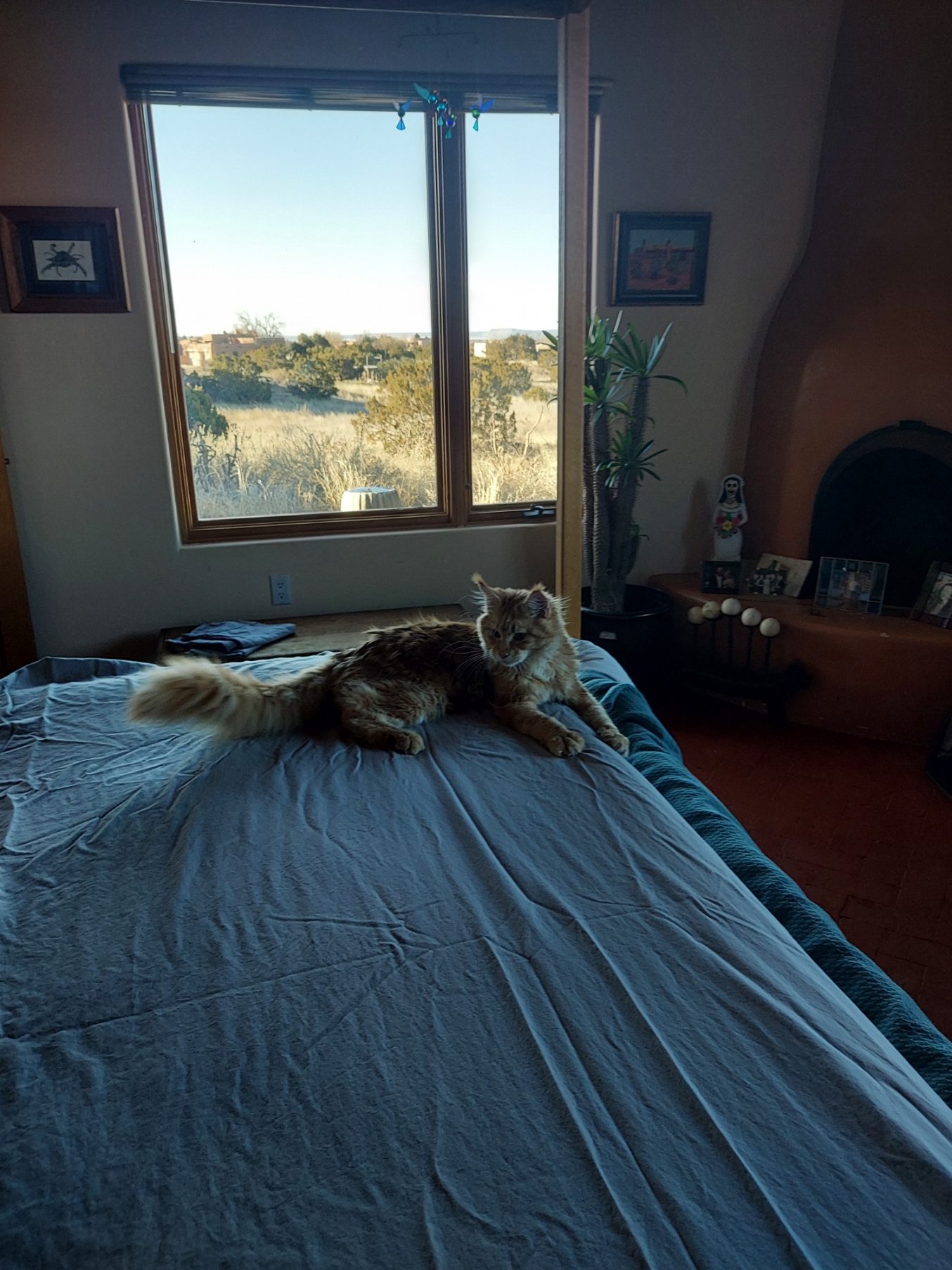
This week at the SFF Seven we’re talking ethics. We’re asking each other: what thorny issues have your dealt with or worry about as an author?
I can’t say that I’ve dealt with thorny issues as an author. The ethics there are pretty clear to me. But then, I’m often described as a very ethical person, which pleases me because being ethical is a core value of mine.
Most of the ethical issues I wrestle these days are author-tangential, primarily in my role as the President of SFWA (Science Fiction and Fantasy Writers Association). As a 501(c)3 charitable organization, we have a fair number of ethical lines assigned to us by the IRS in order to maintain our tax-exempt status. One of the primary concerns is that I avoid “self-dealing.” What this means is that I can’t line my pockets with SFWA money. Remember Unicef in the mid-90s, when it came out that they’d “lost” billions of dollars? Lots of hands dipping into those pots of money and stowing the funds in their own pockets instead of using them for the charitable purposes of the organization. That’s the clear, bright line: don’t take money from the organization.
Where it gets fuzzier are the areas of conflict of interest (COI). In my old day job, I had to take COI training, so I find myself often in the position of explaining COI to people. A clear example would be that I can’t use my position as president to get the board to vote to hire me as an author coach for SFWA members. That’s absolutely conflict of interest, because I’d be using my influence to send SFWA money to my pockets. What’s less clear is when I’m not using my influence and the recipient isn’t directly related to me, but it might LOOK that way. This is where it gets difficult for people, because we have to understand that the APPEARANCE of COI is just as much of a problem as actual COI.
For example, if the board votes to pay my friend to be an author coach, that can look like I influenced that decision, even if I had nothing to do with it. Think about a Sopranos scenario, where the lucrative construction contract “just happens” to go to the niece who is a contractor. Because people can and have attempted to do scurrilous things with money they’re responsible for directing, everyone has to be so far aboveboard that no one could possibly believe there was anything shady going on. What do we do in these cases? To continue the example, what if my friend is the very best candidate? I recuse myself from discussion and voting. In that way, we avoid not only actual COI, but any appearance of COI.
Next week – Tuesday, March 7 at 6pm MT! – we’ll be announcing this year’s finalists for SFWA’s Nebula Award. I’ve been in rehearsals for the show and it’s very fun, so tune in! https://www.facebook.com/events/198142222865460 I’ll be there announcing, but I won’t be one of the finalists. That’s because, as long as I’m President, I recuse my works from consideration. It could appear to be a conflict of interest, should one of my books final. Recusing myself is the ethical thing to do.

